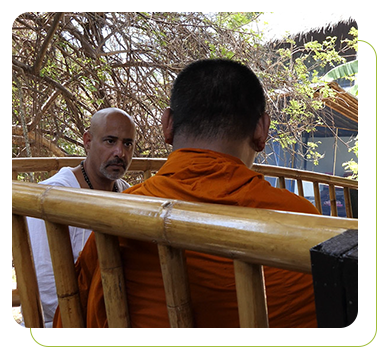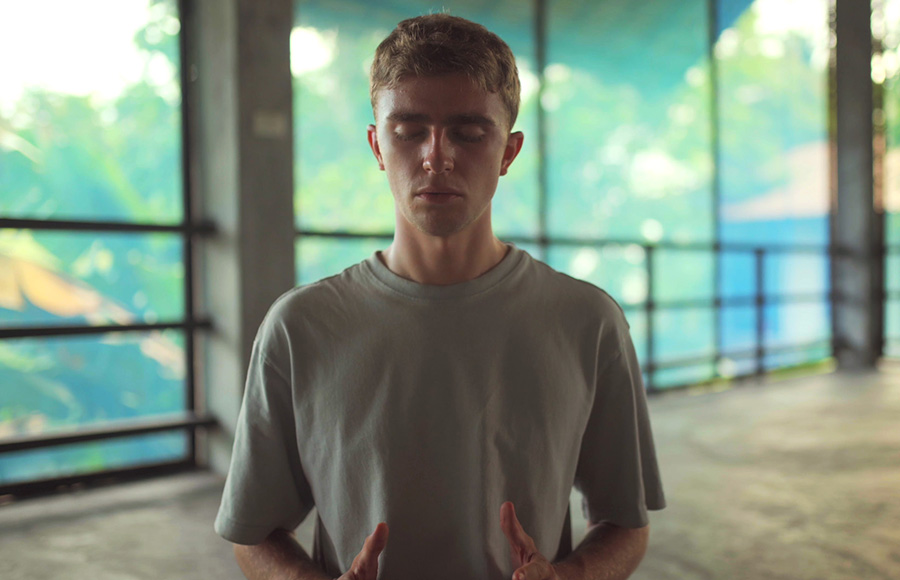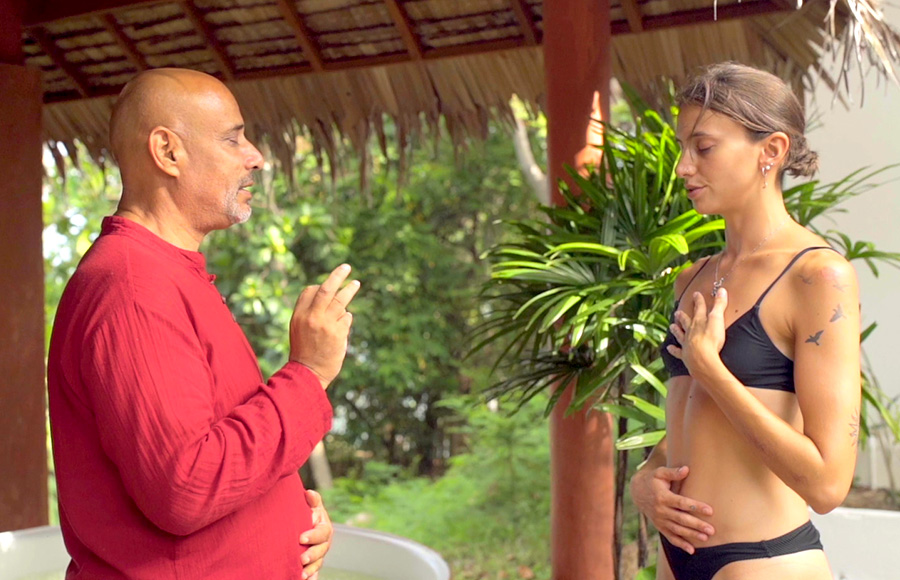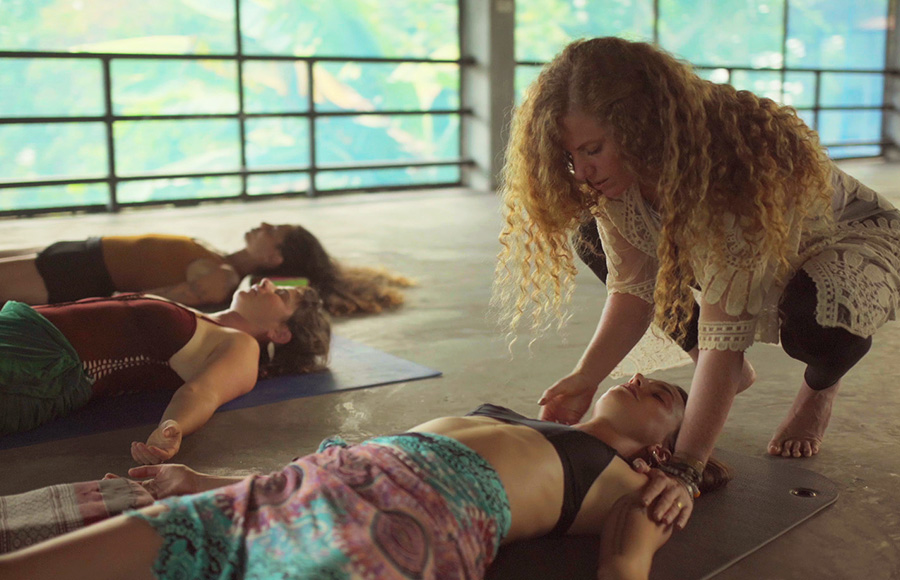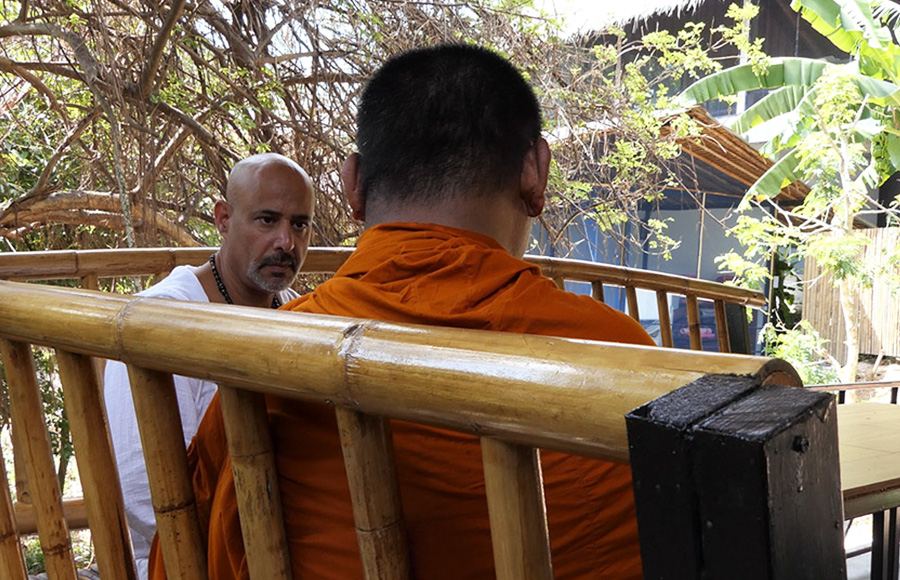The Role of Staff Training in Building Neurodivergence-Affirming Rehab Programs
05 min read

Why Staff Training Is Critical in Inclusive Recovery
Even the most beautifully designed rehab facility will fall short if staff are not equipped to understand and support neurodivergent clients. Autism, ADHD, dyslexia, and sensory processing differences all require awareness, flexibility, and compassion from those providing care.
At Holina Rehab Thailand, we believe staff training is the backbone of a neurodivergence-affirming, trauma-informed program. By investing in education and skill development, we ensure every client feels safe, understood, and respected.
The Risks of Inadequate Staff Training
When staff lack awareness of neurodivergence, clients may experience:
Misdiagnosis: Autistic traits mistaken for defiance, ADHD traits labeled as laziness.
Retraumatization: Sensory overload or rigid rules triggering past trauma.
Disengagement: Clients dropping out because they feel misunderstood.
Ineffective treatment: One-size-fits-all therapy failing to address unique needs.
This not only harms clients but also reduces overall treatment success rates.

What Neurodivergence-Affirming Staff Training Includes
1. Understanding the Neurodiversity Paradigm
Viewing autism, ADHD, and other conditions as natural variations — not deficits.
Recognizing strengths alongside challenges.
2. Recognizing Trauma in Neurodivergent Clients
Identifying unspoken signs of trauma, such as masking or shutdowns.
Avoiding retraumatization through safe, supportive interactions.
3. Adapting Therapy Approaches
Using visual aids, written supports, and flexible pacing.
Offering creative outlets like art, sound, and movement for non-verbal expression.
4. Sensory Awareness and Accommodation
Providing quiet spaces and low-light environments.
Understanding sensory overload and co-regulation techniques.
5. Building Trust and Empathy
Practicing compassionate communication.
Empowering clients through collaboration and choice.
How Holina Implements Staff Training
Specialist workshops on autism, ADHD, and trauma-informed care.
Ongoing education to ensure practices stay up-to-date with research.
Role-playing and case studies to prepare staff for real-life scenarios.
Collaboration with neurodivergent consultants to ensure lived experience informs training.

The Benefits of Staff Training for Clients
Improved engagement: Clients feel seen and understood.
Reduced relapse risk: Trauma and sensory needs are addressed effectively.
Higher completion rates: Flexible, supportive approaches keep clients in treatment.
Inclusive reputation: Families trust centers with properly trained staff.
FAQs About Staff Training in Rehab
Q1: Why is staff training important in rehab?
Because neurodivergent clients need adapted approaches, and untrained staff may unintentionally cause harm.
Q2: What does neurodivergence-affirming training look like?
It includes education on autism, ADHD, trauma, sensory needs, and person-centered care.
Q3: Does Holina provide this training?
Yes. All Holina staff receive specialist training in neurodiversity and trauma-informed practice.
Q4: How often is staff training updated?
Regularly. Holina integrates the latest research and client feedback into ongoing professional development.
Q5: Does this benefit neurotypical clients too?
Yes. Compassionate, flexible care improves recovery outcomes for all clients.
Conclusion: Training Staff, Transforming Recovery
At Holina Rehab Thailand, we know that inclusive recovery starts with people, not just programs. By investing in staff training for neurodivergence and trauma-informed care, we create a rehab where every client — neurodivergent or not — can heal with safety, respect, and dignity.
📞 Ready to Begin?
Contact Holina Rehab today to start your healing journey:
Phone: +66 (0) 626 418 369
Email: info@holinarehab.com
Website: www.holinarehab.com
About Me
Ian Young
Ian Young is the Global Manager at Holina Care Centres in Koh Phangan, Thailand. Ian oversees the rehabilitation programs that blend the 12 Step model, Psychology, Counselling, Coaching, Somatic and many other therapeutic engagements, alongside various evidence-based therapies with holistic healing practices. Holina Rehab treats addictions, trauma, anxiety, depression, and other emotional challenges, offering comprehensive care in a serene resort environment. Ian, a charismatic speaker and author of “It’s Not About Me” leveraging his own recovery journey from addiction to inspire and guide others toward a fulfilling, addiction-free life.
Recent Blogs
-
29 Jan, 2026
The Ultimate Guide to 12-Step Rehab in Thailand
Tags
Newsletter
Related Blog Post
- Drugs
- 17 Jul, 2024

















